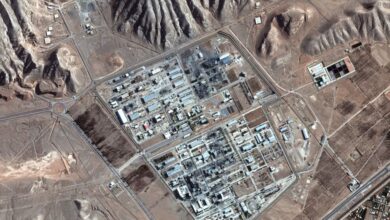The Supreme Council for Culture’s law committee organized a seminar two days ago under the title "The Constitution and the Political Future of Egypt," held at Cairo University’s law faculty. A considerable number of legal experts and political scientists from various schools of thought participated.
The discussions revealed that the participants agreed more than they disagreed. Despite the different political affiliations, the participants saw how much common ground they shared.
There seemed to be some sort of consensus particularly on the following two points:
1) The current regime and Constitution are defective beyond repair, therefore an alternative political system and new constitution are needed.
2) The alternative political system must be fully democratic, approved by parties across the political spectrum, and must establish a modern civil state based on the principles of citizenship and equality. The new regime must also allow the maximum possible level of political participation and have clear mechanisms to ensure the devolution of power, transparency, and accountability.
The detailed debates showed that the problem isn’t with the formulation of a new constitution, but rather with the political and procedural process that will determine "who" has the power to endorse a final version of the constitution before calling for a popular referendum.
All participants therefore agreed that the upcoming legislative and presidential elections are of paramount importance to the political future of Egypt.
But to ensure the integrity and transparency of elections, immediate amendments to the Constitution are needed–especially to Articles 76 and 88, to allow independent candidates to compete for the presidency and to permit full judicial supervision of the elections.
So, in order to have a genuine democracy, limited amendments to the current Constitution are first needed, to make way for legislative and presidential elections characterized by integrity.
The ball is now in the government’s court. It should take the decision to amend Articles 76 and 88 of the Constitution.
Tomorrow, however, the ball will be in the opposition’s court, who may abstain from participation in the legislative and presidential elections if not guaranteed the minimum acceptable level of integrity and transparency in the electoral process.
Translated from the Arabic Edition.




